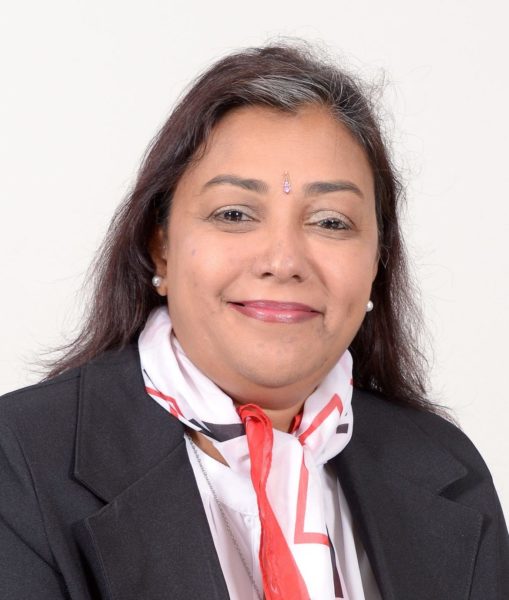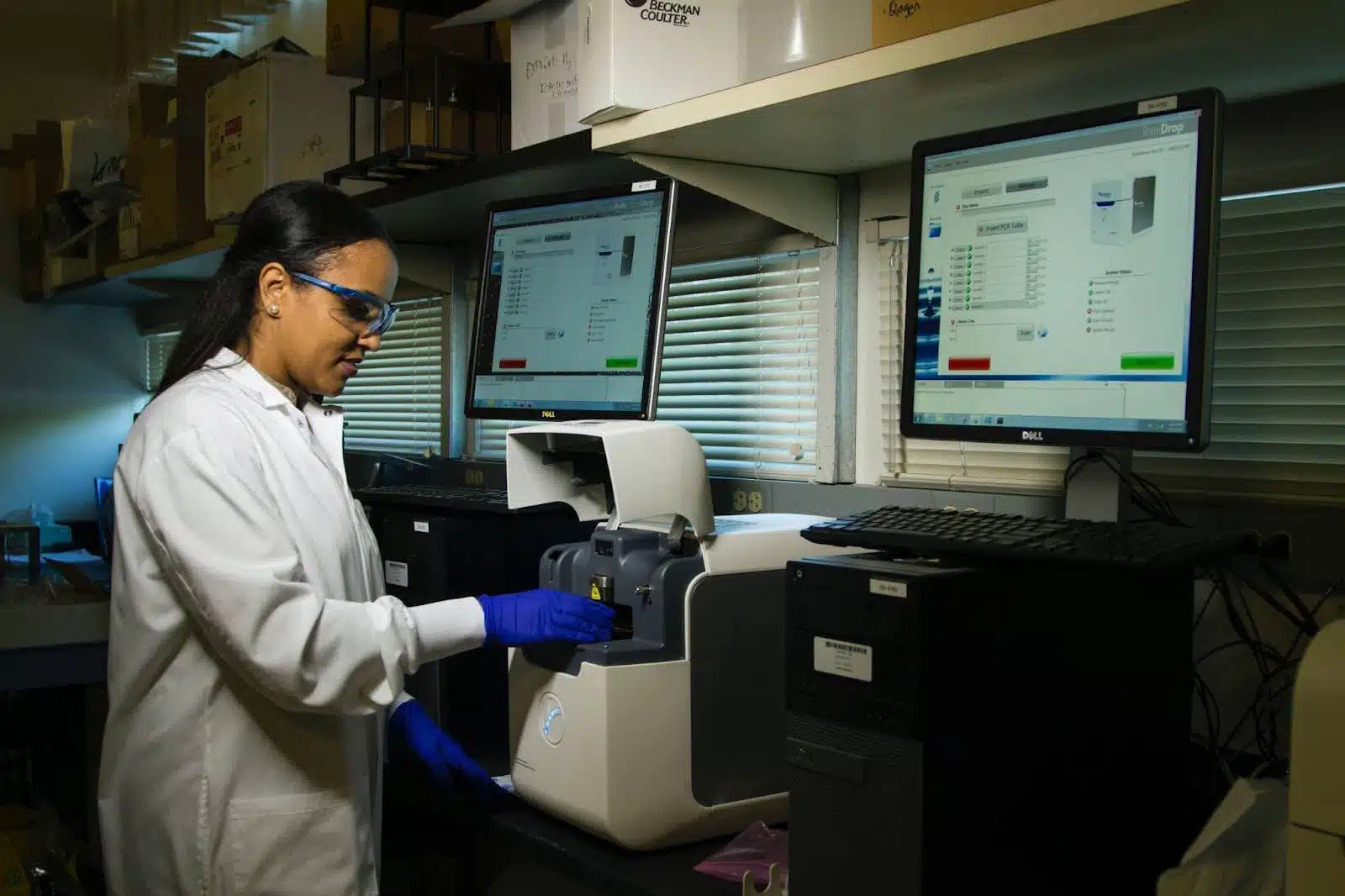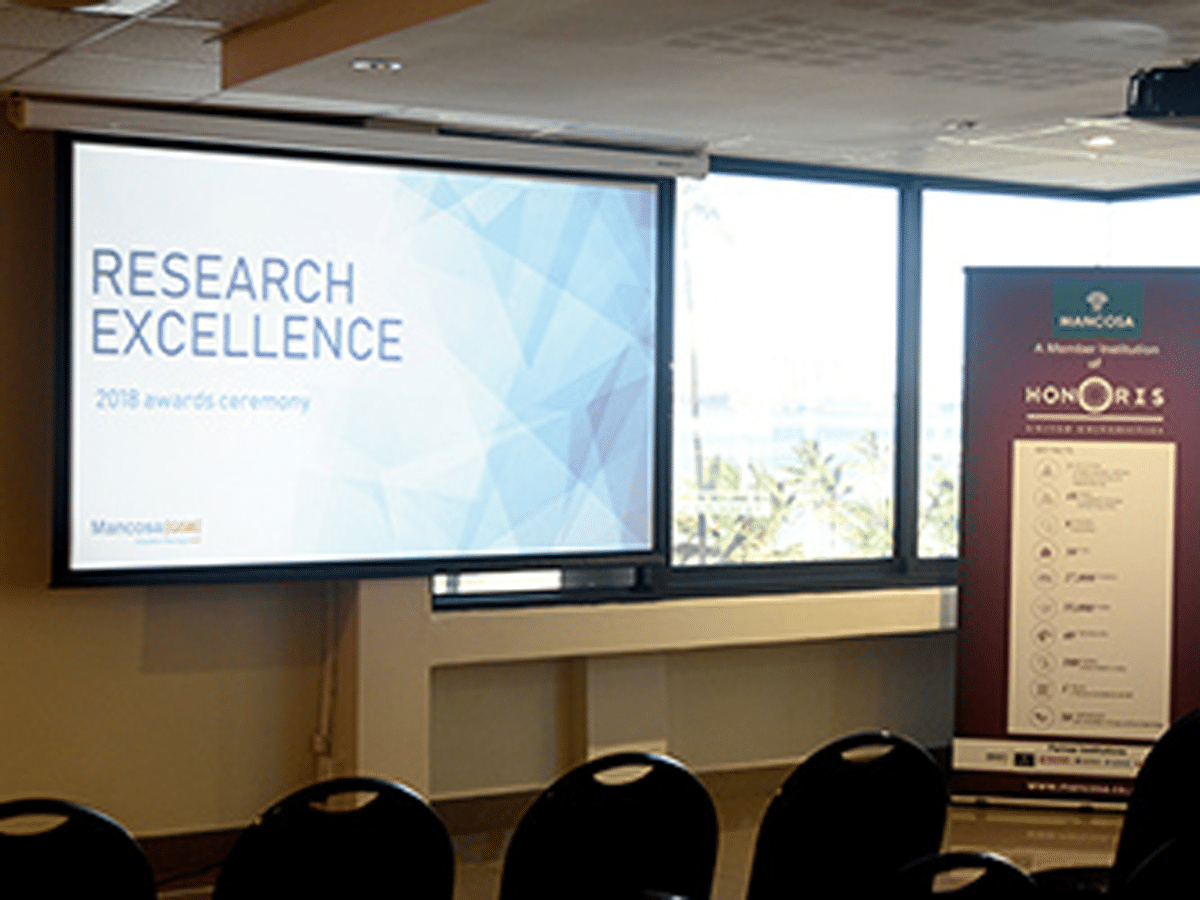The Bachelor of Education: What you need to become a teacher
If you’re curious about becoming a teacher in South Africa, keep reading. We’ve created this post to answer your burning questions, like “should I become a teacher?”

Summary
If you’re curious about becoming a teacher in South Africa, keep reading. We’ve created this post to answer your burning questions, like “should I become a teacher?”
But before we begin, we want to celebrate your interest in this important field. MANCOSA understands that today’s youth will become tomorrow’s leaders – and teachers are the catalyst for positive change in individual learners and even the world. Teachers matter! Find out more about the MANCOSA Bachelor of Education.
Let’s dive in…
Should I Become a Teacher? Top Reasons to Pursue a Bachelor of Education
So, you’re considering becoming a teacher? It’s a rewarding career choice that’s often described as a calling by those in the profession.
Of course, creative freedom, long holidays and job security all rank highly on the list of benefits of teaching. But, have you considered the important role that a teacher plays in the development of young people beyond the classroom?
A good teacher can have a huge impact on a child’s life, because of the direct influence they have on decisions and behaviours, such as academic pursuits, career paths, recreational activities, and financial planning. Teachers become role models, support systems, and mentors. And, it’s no exaggeration to say that effective teaching could help lower the socioeconomic inequality in South Africa.
The Vision Statement of the Department of Basic Education recognises this fact: “All our people will have access to lifelong learning, education and training opportunities, which will, in turn, contribute towards improving the quality of life and building a peaceful, prosperous and democratic South Africa.”
To realise that vision, the government is prioritising investment in the education system. But, how good can any education system be without great teachers?
A report released by UNESCO highlighted a serious shortage of qualified teachers with a Bachelor of Education degree in South Africa. It stated that we will need to recruit around 456,000 teachers by 2025. Currently, the country has around 410,000 teachers. They are responsible for teaching over 12 million pupils.
Sadly, this shortage has been further exacerbated by the recent wave of COVID 19 deaths.
So, when deciding if you should become a teacher, remember that teaching is more than just a job. It’s an opportunity to make a difference in the lives of individuals, communities and the country as a whole. And that’s something that South Africa needs now more than ever.
What Does a Teacher Do? Understanding the Role of a Qualified Teacher
While all of that information is certainly inspiring, it doesn’t explain the day-to-day fundamentals of actually being a teacher. So, what does a qualified teacher do? The role of a teacher is varied and will change depending on the age of the learners and the subjects taught.
There are big differences between teaching primary and high school students, but for either option, teachers are required to have a Bachelor of Education. Here’s an overview:
Primary School
- Teaching primary school learners up to age 11
- Focus is on the core curriculum and not a particular subject specialisation.
High School
- Teaching high school learners between the ages of 11 and 16
- Typically specialise in one subject for example maths or science
General duties for teachers include:
- Planning and preparing engaging lesson plans
- Educating students at all levels – interactive and personalised where possible
- Supervising classes to ensure they are safe and productive
- Managing the behaviour of students
- Assigning and marking completed work
- Evaluating students’ progress and communicating this via reports and meetings
- Other administrative tasks
No two days are the same, but let’s look at a typical day in the life of a teacher.
6.00 – Arrive at school
This time is used to organise and prepare for the day, print and gather equipment, and set everything up for lessons.
6:30 – Staff meeting
There may be meetings to attend with all staff, faculty members, or the year group.
7:00 – Assembly
Learners may start the day with an assembly, and teachers may have duties during this time – including helping students with presentations, managing music, organising seating etc.
7:30 – Registration
The school day often begins with registration to mark attendance and deliver important information to learners. There may also be uniform, stationery and homework checks and perhaps some skills development activities too.
8:00 – Morning lessons begin
This is the first teaching portion of the day. Lessons are often 50 minutes long. Sometimes teachers have free periods that they can use to mark completed work or plan lessons.
12:30 – 30-minute lunch break
This is a break in the day. Teachers are often required to supervise students for a couple of lunch breaks each week.
13:00 – Afternoon lessons
Lunch is followed by more lessons and free periods.
15:00 – Lessons end
Once lessons end, teachers tend to focus on marking, planning and administration. This time could also be used for meetings with parents or staff or professional development.
17:00 – Leave school for the day
It is not uncommon for teachers to continue marking or planning in the evenings or over the weekend.
Are you wondering if you’re ready for that level of dedication? Let’s look at why teaching is a great career choice.
9 Reasons why education is a good career choice
Now you know what teaching entails on a day-to-day basis, let’s evaluate the benefits of this career choice. Here are 9 of the top reasons why people choose to become a teacher.
- It’s a rewarding career: Both the daily moments of joy and the long-term transformation potential mean that teaching can bring massive job satisfaction.
- No two days are the same: Teachers are surrounded by individuals with varying needs and an ever-evolving curriculum.
- You can shape a new generation: Teachers can become role models that directly impact the lives of young people.
- You’ll develop transferable skills: Communication, leadership, and organisational skills required to teach are great for professional development.
- You’ll never stop learning: One size does not fit all when it comes to teaching and learning, so there will always be space to grow.
- Enjoy long holidays: Family-friendly holidays provide a chance to rest and recharge through the year.
- Fantastic job security: Qualified teachers are in high demand and turnover is very low.
- Independent working environment: Teachers often have a great degree of autonomy in their daily work.
- Freedom to be creative: Creativity is highly valued in teaching and can support the learning of many students.
In fact, discover why MANCOSA believes the PGCE is the way forward for teachers.
Education Requirements to Become a Qualified Teacher
If you’ve made it this far then you’ll probably be wondering what to do next to become a qualified teacher. Let’s take a look at what’s required to study for a career in this field.
What requirements are needed to study teaching?
First, you’ll need to decide on the age group and subject you’d like to teach.
Secondly, you’ll need to enrol in a Bachelor’s Degree programme. It is not possible to teach at any South African school that falls under the Department of Education, without a degree.
There are two study options:
- a 4-year Bachelor of Education (BEd) – this is essentially a teaching degree
- a 3-to-4-year Bachelor’s degree (relevant to the subject you’d like to teach), followed by a 1-year Postgraduate Certificate in Education (PGCE)
There are specific entry requirements that you can learn more about here.
What is a Bachelor’s Degree in Education?
A Bachelor of Education prepares students for a career as a teacher. This academic undergraduate programme allows them to develop the knowledge and skills necessary to teach in a primary school or high school classroom.
How many years is a Bachelor’s Degree in Education?
A Bachelor of Education is a four-year full-time degree.
Study Teaching Online: Best Online Teaching Courses in South Africa
The first step in your education career in education requires careful consideration. You must choose the programme that prepares you for the future ahead and an institution that can navigate the changing learning landscape of today’s world.
Would you like to study teaching online? Look no further than MANCOSA’s School of Education It offers a selection of world-class online teaching degrees, with innovative virtual resources and dedicated mentorship designed to support the next generation of educators.
There are several education programmes available, all of which can be completed online:
Bachelor of Education in Senior & FET Phase
This programme is ideal for students who are preparing to enter the field of education. The goal of the Bachelor of Education is to enable students to become competent and responsible educators, providing them with a comprehensive understanding of teaching methods and techniques.
Postgraduate Certificate in Education in Further Education and Training Teaching
This programme is best suited for students who have completed a Bachelor’s Degree in a specialised subject and would like to become qualified teachers in this area of specialisation.
Master of Education in Educational Leadership and Management
The Master’s of Education is ideal for experienced educators looking to hone new skills, earn a promotion, or contribute to knowledge in the field of Educational leadership and management.
Postgraduate Diploma in Educational Management
The Postgraduate Diploma in Educational Management is a one-year programme designed to meet the needs of educational managers in this climate of change.
Become a teacher with MANCOSA
So, if you’re looking for a highly-respected college that offers flexible learning opportunities which enable you to study teaching online, MANCOSA could be a great choice for you.
We understand that teachers are the backbone of society and want to support you on this important journey. With MANCOSA you can uplevel your skills and advance your career while you continue to work. Learn more about the MANCOSA Bachelor of Education.





